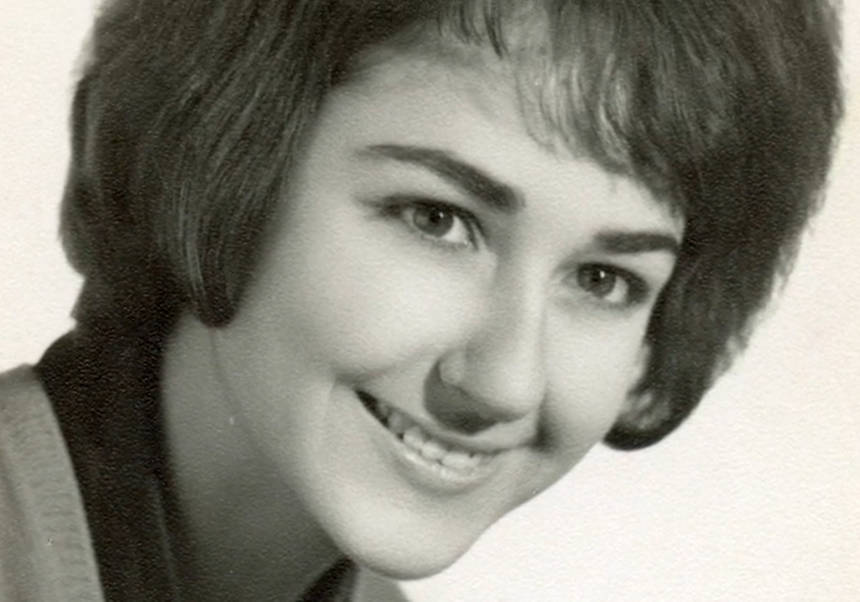
The Archive of Valencian Design has published three audiovisual documents dedicated to Lola Castelló, Eduardo Albors and Xavier Bordils increasing the memory project of the Valencian design of the documentary center with interviews of 20 minutes each and accessible through its website and social accounts.
‘The Memory of the Valencian Design’ is a project of the Archive of Valencian Design which began a few months ago with the publication of interviews with the interior designer Arturo Catalá, to the industrial designer Sílvia García, and the designer and co-founder of Punt Mobles Vicent Martínez.
Now, the project, which is intended to value the history of Valencian design within the national and international culture as artistic expressions, opens the doors to new testimonies of Valencian design, with their own names, such as the designer and co-founder of Punt Mobles, and the designer and co-founder of the company Lola Castelló, and industrial designers Eduardo Albors and Xavier Bordils.
The interview to Lola Castelló has a place as a pioneer of Valencian industrial design. Businesswoman, editor and interior and product designer, she founded, together with Vicent Martínez, the companies Pam i Mig and Punt Mobles. With the latter she won the National Design Award in 1997.
In the conversation, Castelló recalls the events that have marked both her life and her professional career and assures that design has been, for her, "a very satisfactory experience" that has allowed her to project herself with solvency wherever she has gone.
To the other side, Eduardo Albors is configured as a key piece in the first great generation of Valencian designers that since the early 70's built the foundations of the radical material and cultural transformation of the country after Franco's regime.
Albors has worked in product development, consulting and image for sectors as diverse as furniture, ceramics, textiles, toys, household appliances, optics, footwear, orthodontics and electronics, but especially in illumination, where he has developed more than 200 projects for different companies in the sector. He was a pioneer in the internationalisation of the professional practice of design, collaborating with European, American and Asian companies.
Finally, the interview to Xavier Bordils traces his professional career as a fundamental designer within the Valencian design ecosystem: from his initial training in Paris in the mid-1960s to his collaboration with the Chamber of Commerce to launch design promotion actions 10 years later, which were the beginning of the design promotion policies developed by the Valencian Generality in the 1980s.
A useful instrument at the disposal of research and society
The Archive of Valencian Design proposes the project 'The memory of Valencian design' as a method of data collection through interviews, understood as a technique of direct observation of the sources.
In the case of Valencian design, the interview aims to reconstruct the profile of design and designers; to reconstruct its context from the point of view of the protagonists; and to detail the keys to the evolution of design within the territory.
The Archive of Valencian Design, with the support of the Ministry of Education, Investigation, Culture and Sport, activates this instrument or project to identify and show habits, ideologies and cultural expressions of the Valencian design community in their relationship with design, creativity, projects, interaction with users, technologies and, ultimately, all the baggage that ends with the commitment of new devices, communication schemes and services, making available to sociologists, psychologists and designers information for the analysis and definition of the creative context, decision making and project planning.
The Archive of Valencian Design has adopted the interview technique within the memory project to focus its study on the vision and positioning of designers before the practice and conceptualization of design and uses it going beyond, as a way of seeing and describing reality from the observation of the authors on their creative practice.
The results obtained, these interviews that are accessible through the web and social accounts of the Archive, are available to research and innovation, the Valencian social and cultural sector in order to capture the different ways of approaching creativity and its implementation, reveal the problems that can present its practice, show behaviors and positioning of designers when interacting with the context, and boost the processes of innovation of products and services.
Links:







